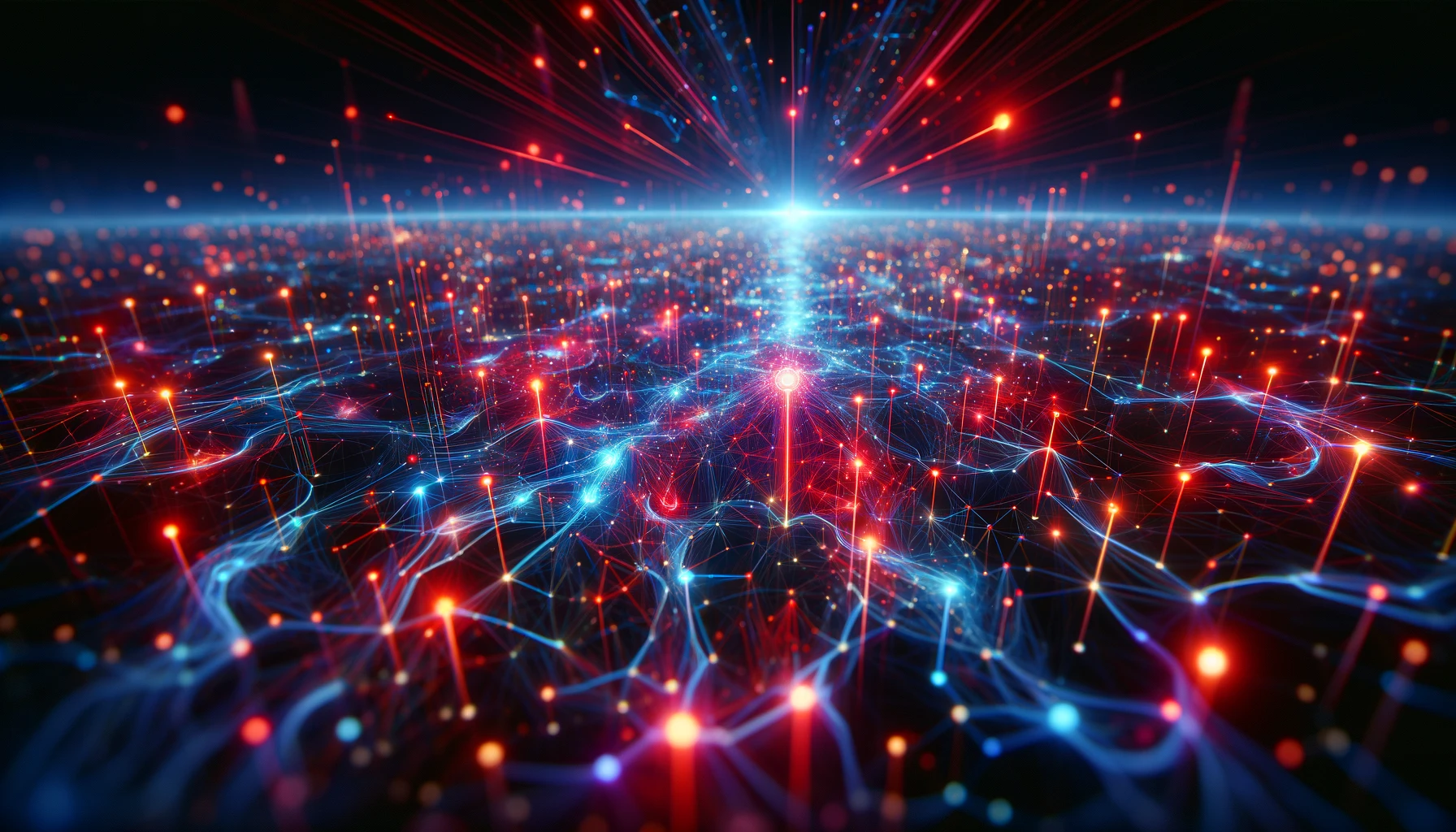Researchers from Loughborough University, MIT, and Yale, have introduced the concept of ‘Collective AI.’
Documenting their ideas in a perspective paper published in Nature Machine Intelligence, researchers propose Shared Experience Lifelong Learning (ShELL) as a framework for creating decentralized AI systems composed of multiple independent agents, or “Collective AI.”
Working like a ‘hive mind,’ these individual AI units continuously learn and share knowledge throughout their lifetimes, challenging centralized monolithic architectures.
If developed, Collective AI could mirror the abilities of Star Trek’s “The Borg” and numerous other sci-fi concepts like “The Get” from Mass Effect or “The Replicators” from Stargate SG-1.
By enabling agents to learn from their own experiences and the knowledge shared by others, ShELL systems can exhibit faster learning, improved performance, and greater flexibility in the face of adversity – similar to biological organisms.
Top computer scientists from around the world say the future of artificial intelligence is similar to that of Star Trek🖖🤖
Dr @asoltoggio and experts from the likes of @MIT & @Yale share their ‘Collective AI’ vision in a new @NatMachIntell paper.
Read: https://t.co/JgKhqvUDmG pic.twitter.com/kd1QAyGxGB
— Loughborough University PR (@LboroPR) March 22, 2024
Dr. Andrea Soltoggio of Loughborough University, the study’s lead researcher, described the study’s vision: “Instant knowledge sharing across a collective network of AI units capable of continuously learning and adapting to new data will enable rapid responses to novel situations, challenges, or threats.”
Soltoggio further highlighted the potential of decentralized AI by drawing an analogy to the human immune system, where multiple components work together to mount a coordinated defense against threats.
“It could also lead to the development of disaster response robots that can quickly adapt to the conditions they are dispatched in, or personalised medical agents that improve health outcomes by merging cutting-edge medical knowledge with patient-specific information,” Soltoggio explained.
Several potential real-world uses are mentioned in the study:
- Space exploration: ShELL’s decentralized learning and adaptation capabilities could be valuable in deep space missions where communication with Earth is limited and autonomous systems need to cope with unexpected challenges.
- Personalized medicine: ShELL could power distributed medical AI systems that continually adapt to evolving patient needs and medical knowledge, enabling more targeted and effective healthcare delivery.
- Cybersecurity: The collective learning and knowledge sharing of ShELL agents could be leveraged to create decentralized defensive systems that rapidly detect and disseminate information about new threats, allowing for faster and more robust responses to cyber attacks.
- Disaster response: The paper suggests that ShELL systems could be used to coordinate autonomous agents in disaster scenarios, enabling more efficient and effective response efforts by leveraging the group’s collective intelligence.
- Multi-agent sensing: ShELL could enable the coordination of swarms of agents to construct 3D world models for tasks like search and rescue operations or anomaly detection in military reconnaissance.
Here is a possible idea to build a democracy of many AIs, diversity, and resilience vs. a handful of large entities controlling the most powerful technology of the 21st century https://t.co/Eg7R9X4WEp Any takers?
— Andrea Soltoggio (@asoltoggio) March 22, 2024
Despite promising uses, researchers are mindful of the potential risks of collective AI systems, such as the rapid dissemination of incorrect, unsafe, or unethical knowledge between units.
To combat that, they suggest promoting the autonomy of each AI unit within the collective, ensuring a balance of cooperation and independence.
Building Collective AI
So how might Collective AI work? Researchers propose several potential mechanisms:
- Lifelong machine learning: Enables AI agents to learn multiple tasks incrementally without suffering from catastrophic forgetting. Techniques include replay methods (storing and replaying previous experiences), regularization (constraining model updates to prevent overwriting old knowledge), and parameter isolation (dedicating separate model components for different tasks).
- Federated learning: A distributed learning paradigm where multiple agents collaboratively train a model while keeping their data localized. Each agent computes model updates based on its local data and shares only these updates with others, preserving data privacy.
- Multi-agent systems: Study of autonomous agents interacting in a shared environment. ShELL agents operate in a decentralized manner, making decisions based on their individual goals and knowledge.
- Edge computing: Performing computation and data storage close to the sources of data, such as on devices or edge servers, rather than in centralized cloud systems. ShELL agents operate on edge devices, enabling low-latency processing and reducing communication costs.
Collective AI builds on recent futurist developments in AI, such as bio-inspired AI architectures that effectively simulate analog synaptic structures and AI models that run on real brain cells.
Interest in decentralized AI itself is growing, as indicated by the recent resignation of Stability AI CEO Emad Mostaque. He left to pursue decentralized projects that seek to diffuse AI power from Big Tech.
Additionally, a startup, Sakana, founded by ex-Google engineers, recently raised $30 million for “swarm” AI, conceptually similar to what’s proposed in this new study.





